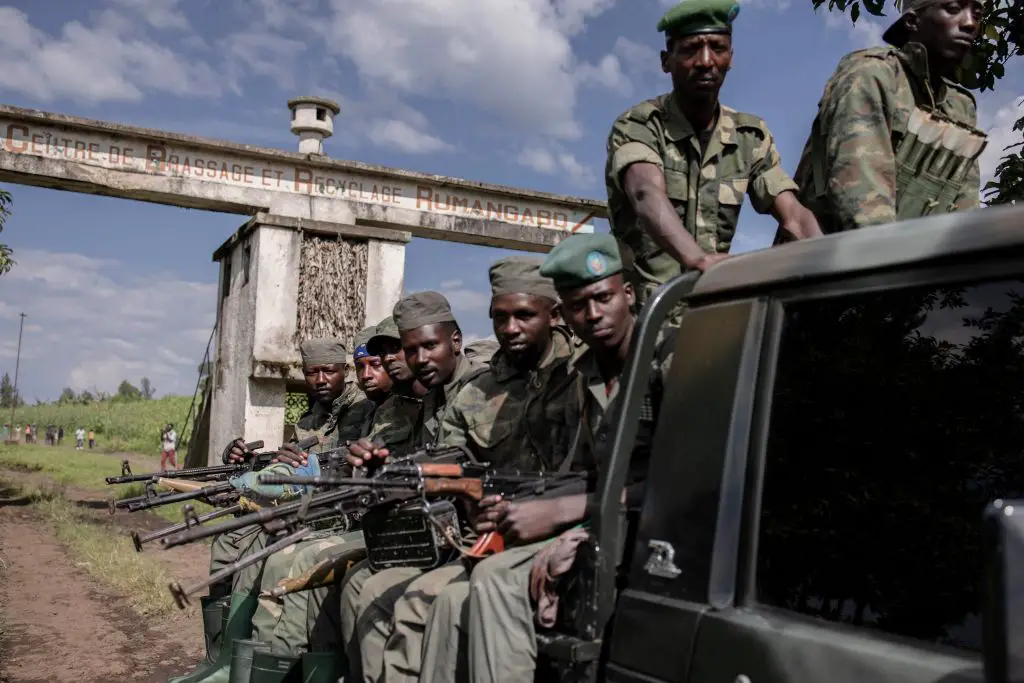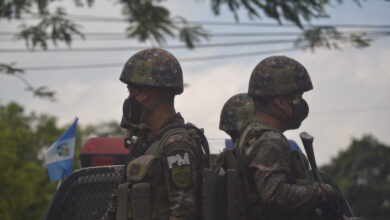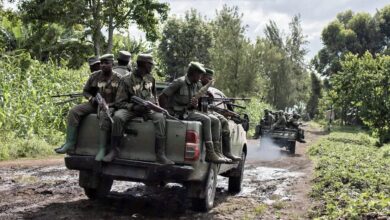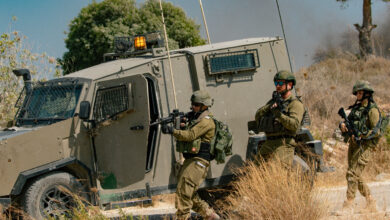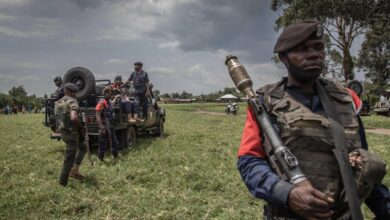Some 3,000 to 4,000 Rwandan soldiers are fighting alongside the M23 in east DR Congo, said a UN experts report seen by AFP Monday, which noted that Kigali has “de facto control” of the rebels’ operations.
The North Kivu province has been in the grip of the M23 (March 23 Movement) rebellion since the end of 2021, with the group seizing swathes of territory in the region and installing a parallel regime in areas now under its control.
Kinshasa accuses Rwanda of backing the Tutsi-led M23 rebel group, something Kigali is yet to confirm.
But the report commissioned by the UN Security Council says the Rwandan army’s “de facto control and direction over M23 operations” renders the country “liable for the actions of M23.”
Rwanda Defence Force (RDF) military interventions and operations in the Nyiragongo, Rutshuru, and Masisi territories — all in North Kivu — “were critical to the impressive territorial expansion achieved between January and March 2024,” by the M23, the report stated.
The report’s researchers estimated that at the time of writing the paper in April the number of Rwandan troops were “matching if not surpassing” the number of M23 soldiers, thought to be at around 3,000.
The report contains authenticated photographs, drone footage, video recordings, testimony, and intelligence, which it says confirm the RDF’s systematic border incursions.
The footage and photos show rows of armed men in uniform operating equipment such as artillery, armored vehicles with radar and anti-aircraft missile systems, and trucks to transport troops.
The report also says that children from the age of 12 have been recruited from “almost all refugee camps in Rwanda” to be sent to training camps in the rebel zone under the supervision of Rwandan soldiers and M23 combatants.
“Recruits aged 15 and above were combat-trained and dispatched to the frontlines to fight,” it said.
It added that the recruitment of minors in Rwanda is generally carried out by intelligence officers, “through false promises of remuneration or employment,” and that those “who did not consent were taken forcefully.”

